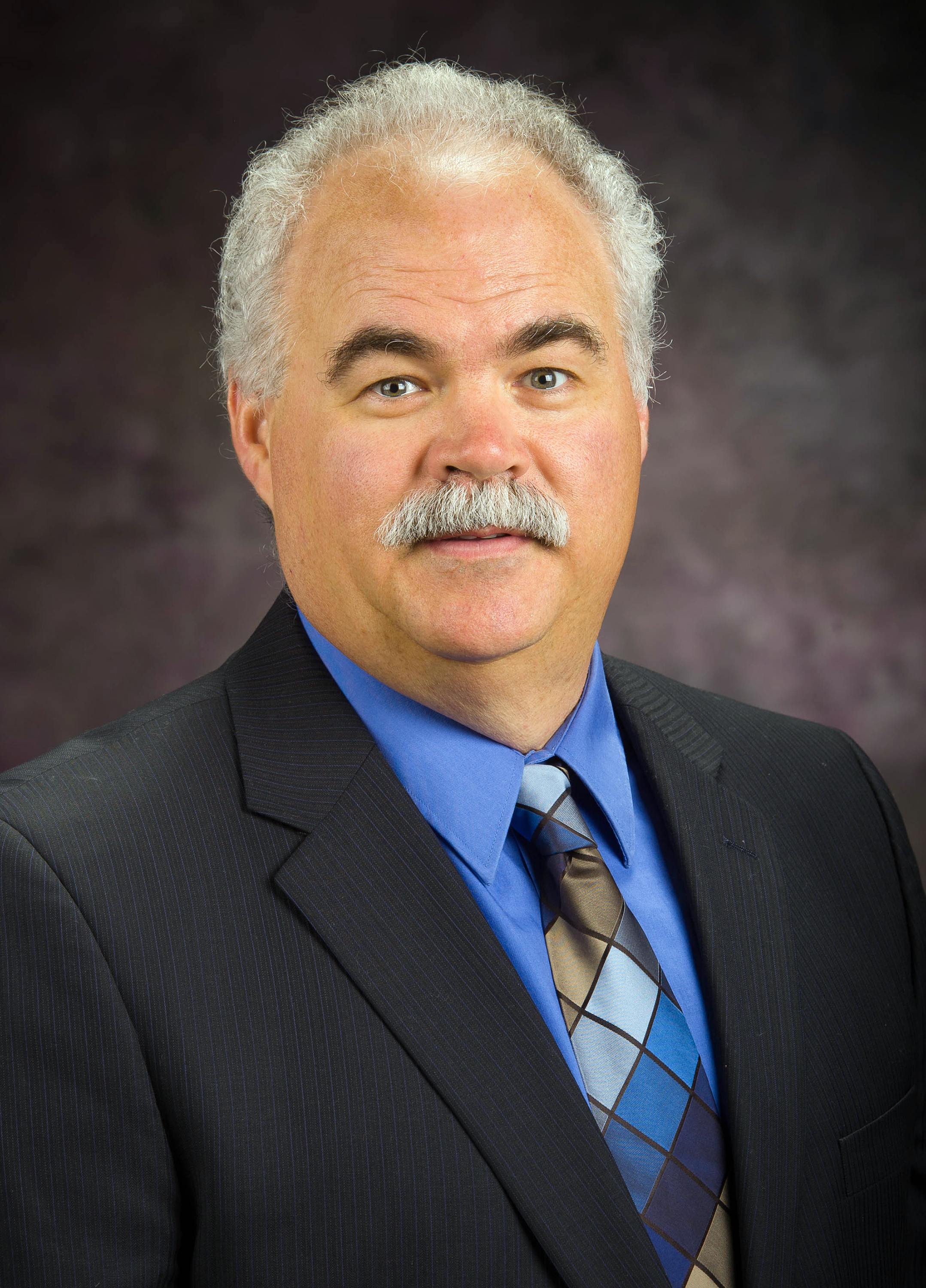Energy department funding university research on use of contaminated waters as reactor coolant
Tuesday, Dec. 5, 2017
MANHATTAN — During the 2011 Fukushima Daiichi nuclear accident in Japan, a large quantity of dirty seawater was injected directly into the nuclear reactors there to cool the reactor cores. However, very little is known about the long-term effects on reactor safety when using this type of unpurified seawater during an emergency.
Questions involving such use of contaminated waters will be examined under funding from the U.S. Department of Energy's Nuclear Energy University Program, awarded to Kansas State University lead researchers Steve Eckels, professor, and Hitesh Bindra, assistant professor; and co-principal investigator Douglas McGregor, university distinguished professor, all from the mechanical and nuclear engineering department in the university's College of Engineering.
The three-year, $640,000 grant-funded project, "Influence of dissolved salts and impurities in seawater on heat transfer degradation and fluid flow through channels," is designed to provide a better scientific understanding of the water-cooling process, and ultimately provide safer nuclear power.
Raw or untreated water — and salt water in the case of Fukushima — contains contaminants that when deposited on equipment and heat exchange surfaces can change heat transfer and flow characteristics.
"We expect the outcome of this project to provide an advanced scientific understanding of the role of raw water in long-term emergency cooling of nuclear power plants," Eckels said. "Additionally, it will help provide guidance on how to manage unforeseen situations and loss of coolant accidents."
Leveraging the unique facilities and faculty expertise of the thermal hydraulics team at Kansas State University, led by Bindra and Eckels, will provide world-class research in mission-critical areas of the nuclear power industry. The grant will also fund two doctoral students and several undergraduate students.

